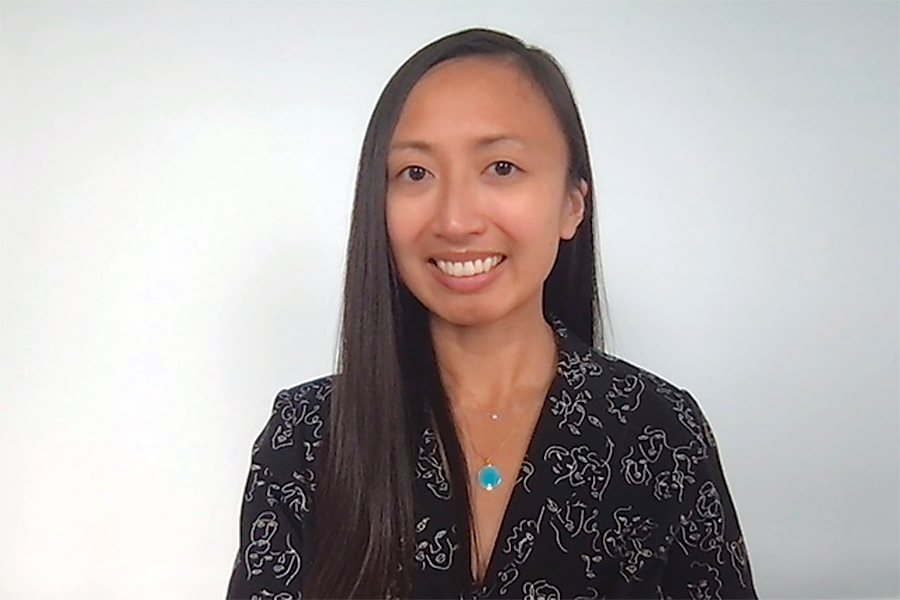
PLAY & CITIZENSHIP
After all, day one of “Introduction to Education” at Swarthmore taught me that schools are reflections of society: How did my classroom inform my understanding of what was happening at the Capitol?
My time as an educational studies and religion special major instilled the promise of a transformative education. I nurtured a learning environment that honored each student and their family’s experiences, histories, and gifts to bring out their inner light. I chose to teach in early childhood because I wanted to establish strong learning foundations for my students.
Sadly, I’ve been told: “You don’t really learn anything because all you do is play.”
Yes, it is true that we play a lot and I make sure that my students play as much as they can. But to dismiss the value of play is misguided. Why do we play and what does play mean for a healthy democracy?
Play is an inherent part of the learning process, and when designed thoughtfully, is academically rigorous: “Play integrates and supports children’s development and learning across cognitive, physical, social, and emotional domains, and across curriculum content areas” (NAEYC). Play also offers students the opportunity to practice good citizenship, which according to Virginia’s standards of learning for kindergarten, includes practicing honesty, self control, and kindness to others, and participating successfully in group settings.
Classrooms serve as sites of democratic engagement: My students took on leadership opportunities and I facilitated conversations where my they developed rules for our classroom, as well as the consequences for celebrations and breaches of those expectations.
I put the “social” back into social studies: Through play, students learned to read body language, listen with understanding and empathy, problem-solve, and see other perspectives. These skills become vital as children’s play evolves from rolling out ropes of Play-Doh in preschool, to sharing materials, to providing feedback, to collaborating on a science experiment, to figuring out how to debug lines of code.
Reflecting on January 6th proved to me that we need play more than ever — play provides our youngest citizens with opportunities to practice the skills they need to successfully participate in a democratic society. Eliminating play means denying opportunities to practice honesty, self-control, kindness, and group participation. How would our democracy transform if all citizens, children and adults alike, practiced these skills? What would happen if we all played more?
We can’t have a healthy democracy without play. In fact, article 31 of the UN Convention on the Rights of the Child declares that each child has the right to play. The skills students develop through play are the same skills they apply when they participate in our democracy. The health of our democracy depends on play.